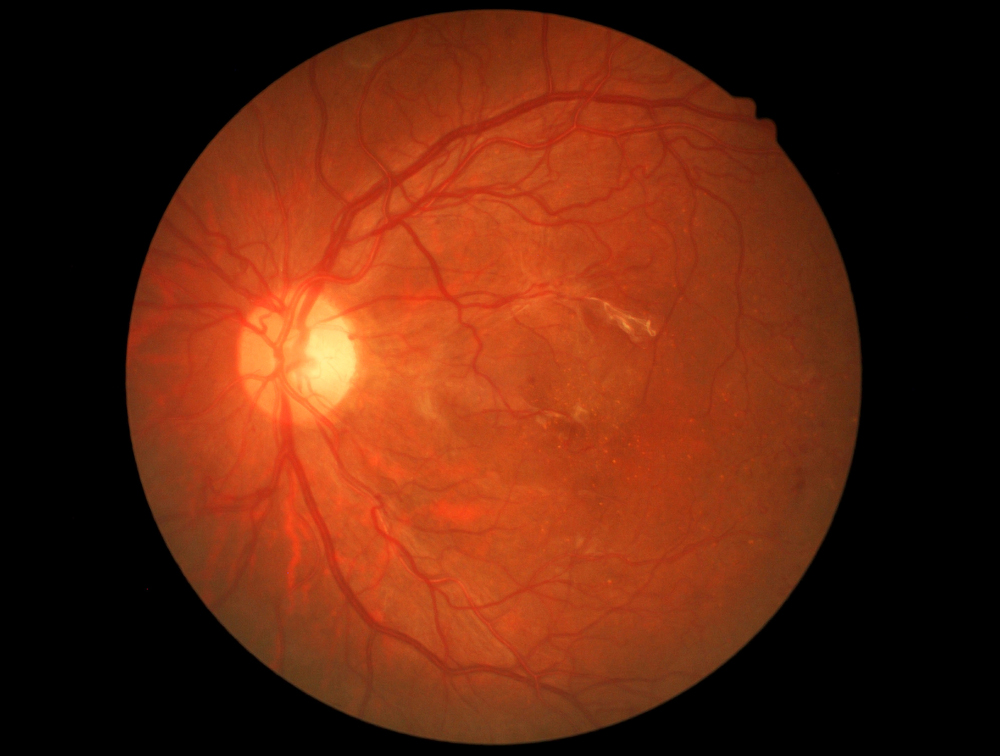On April 1 diabetic eye screening services for all of Greater Manchester were moved from NHS hospitals and opticians to the private company Health Intelligence (HI), which describes itself as
“a leading software provider of information management solutions for health organisations in the UK. Our main areas of focus are on Diabetic Eye Screening services and population based data analysis to improve Long Term Conditions diagnosis, promote prevention and identify cost savings.”
Subsidiary
HI is a subsidiary of InHealth, the provider of managed diagnostic services and healthcare solutions to the NHS, which has been embroiled for months in a row over a contract to deliver PET-CT scanning services in Oxfordshire, Swindon and Milton Keynes.
The privatisation was not the result of any failures by the NHS: patients were told “Health Intelligence, the new provider, will continue the excellent service you used to receive.”
Instead of investing more in hospital services, NHS England last year commissioned two 5-year contracts for diabetic eye services (the combined contract was tendered with an estimated value of £27m).
Because each part was worth over £615,000 they had to be put out to tender: and HI won.
Previously these services were centred in-hospital at Salford Royal and Central Manchester, and at high street opticians. Now they will all be centred at HI’s chosen facilities.
Access to consultants
In hospitals screeners have access to consultants for advice on the grading and interpreting of images of retinopathy. Now some of the staff formerly employed by the NHS have been taken on by HI, but without the access to a consultant.
In Greater Manchester, no high street optometrists are being employed for screening and hospital screeners who were previously employed by the NHS are now employed by HI.
It is not clear whether other HI staff will have been trained to NHS-equivalent standards.
In London in 2016 their diabetic screening was carried out by 10 local optometrists, clinical leadership was sub-contracted to a private consultant, slit lamp biomicroscopy was provided by another private provider, and results were graded by six private sector individuals.
The company has a number of advertisements for retinal screener/graders, ‘working unsupervised’, with senior retinal screeners helping monitor the retinal screeners together with Team Leaders.
GCSE required
The salary is £18,500 and requires candidates to be educated to GCSE level and they must complete the Diploma in diabetic retinopathy screening.
Since 2011 HI have previously taken over diabetic eye screening in at least 9 counties (Suffolk; Essex; Middlesex; Kent; Hampshire, Dorset, Berkshire, Somerset, Devon and Cornwall).
Before if you went to a high street optician, they have been extensively trained in screening for diabetes which often has not been previously diagnosed. Now in Greater Manchester they can no longer screen you, but will have to refer you to back to your GP who will then refer you to HI.
After High street and hospital staff told campaigners that they are worried about patient safety under the new arrangements the campaigners are now calling on Greater Manchester Mayor Andy Burnham to join them in demanding that local health commissioners (the Greater Manchester Health & Social Care Partnership) end the contract with HI and bring this service back in house.
In Bolton…
Cataract eye surgery has been privatised to the for-profit company Spa Medica, which has contracts elsewhere and is connected to SSP Health Ltd which manages 37 GP practices across the North West.
Up to 98% of patients in Bolton are using Spa Medica, but several have told us that they weren’t offered any choice of using the hospital, but were sent direct to the private company.
Some diabetic eye screening is now being done at SSP Health’s Bolton office.
The campaign can be contacted via https://keepournhspublicgmcr.com/
Dear Reader,
If you like our content please support our campaigning journalism to protect health care for all.
Our goal is to inform people, hold our politicians to account and help to build change through evidence based ideas.
Everyone should have access to comprehensive healthcare, but our NHS needs support. You can help us to continue to counter bad policy, battle neglect of the NHS and correct dangerous mis-infomation.
Supporters of the NHS are crucial in sustaining our health service and with your help we will be able to engage more people in securing its future.
Please donate to help support our campaigning NHS research and journalism.


